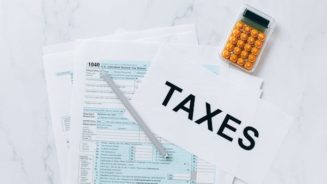During a visit to Singapore in July, Cameron pledged to introduce a new public land registry in England and Wales to make it easier to find out which companies own properties. He also urged other territories to follow suit.
In his speech, Cameron said anonymous shell companies were hiding behind a “shroud of secrecy” and cannot be held accountable.
However, the Cayman Islands refused to adopt a register, arguing the jurisdiction already has the systems in place to provide information on the beneficial ownership of companies.
Despite this, reports indicate that the Cayman Government is planning to introduce tougher rules giving law enforcement and tax authorities better and quicker access to information.
"Our objective is to ensure law enforcement and tax authorities are able to access company beneficial ownership information without restriction"
Under its current plan, corporate service providers would be given a 24-hour window to provide law enforcement agencies with information on company ownership.
Alternative methods
On a visit to Cayman last week, UK Foreign Office minister Grant Shapps appeared to accept the islands’ approach, saying there was more than one way for tax authorities to supply information on company ownership.
He said the two countries agree on trying to stamp out corruption and malpractice.
In a tweet on Tuesday, Shapps made it clear that the UK Treasury was only expecting a timetable from overseas jurisdictions to implement “central registries or similarly effective systems” by November.
This position has been reinforced by the UK Foreign Office: “The government expects each of the overseas territories with a financial services industry to set out timetables for implementing central registries, or similarly effective systems.”
Unchanged position
A Foreign Office spokeswoman said the position of the British Government has not changed.
“As Mr Shapps set out during his visit to the Cayman Islands, our objective is to ensure law enforcement and tax authorities are able to access company beneficial ownership information without restriction,” she said.
“This will ensure relevant authorities can quickly identify all companies that a particular beneficial owner has a stake in, without needing to submit multiple and repeated requests.”




